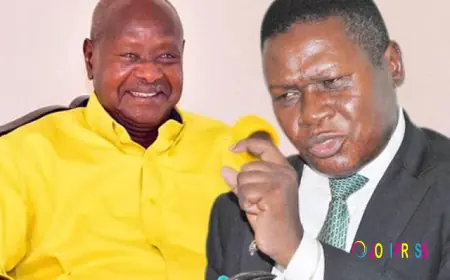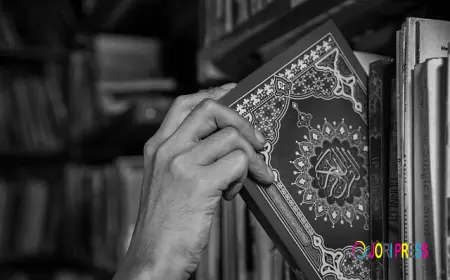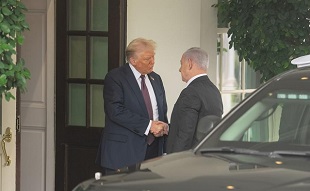Who are the people designing Uganda’s taxes?


 We were discussing taxation recently and a friend asked me if there were any political economists inside the ministry of Finance, Planning and Economic Development, Bank of Uganda or Museveni’s inner circle.
We were discussing taxation recently and a friend asked me if there were any political economists inside the ministry of Finance, Planning and Economic Development, Bank of Uganda or Museveni’s inner circle.
The question was specific: political economists, NOT economists, lawyers or the myriad so-called tax experts. While we believe these people have a right to remain private, they are holding core public services, and design taxes that impact the entire country. It would be only fair to know them since we are “developing together.”
Before our endless criticisms of their work, it would be fair to appreciate their ideological positions, overall scholarship and political-economic justifications for their taxes.
Our assumption is that when tax proposals are made to parliament, a team of political economists – political economists, specifically – and some economists ought to have spent years making sense of the country’s productivity before deciding what, who and how much should be taxed.
This is not necessarily about officials from Uganda Revenue Authority, who are simply “tax-hunting dogs,” as my friend coined in epic poetry. Indeed, like “ordinary hunting hounds” she continued her imagery, “they don’t understand logics and rationales. They simply hunt as instructed.”
Of course, I disagreed. URA staff aren’t simply hunting dogs. They are humans with egos and self-interest, and often their interpretation of legislation is entirely personal. They have been called “suffocatingly arrogant.”
Insisting to know only the political economists comes from our understanding that political economy enables one to appreciate the big picture: To see connections between different parts, and question legislation and grand narratives. Indeed, an economy has to have a logic – a worldview that is rooted in sovereignty and empowerment.
Being that we are still a colonised enclave (many Ugandan public servants have lukewarm if not zero appreciation of this dynamic), political economy opens one’s eyes to the competing – often colonial extractive – interests often hidden in international legislation, and empty slogans such as “free markets.”
Economists and experts have tended to lack this ‘political-geopolitical’ sense of things. We forgive them. We now return to this question: Do we have these people inside Finance, Bank of Uganda or inside State House?
As humble concerned citizens educated on public resources, we would like to challenge them on a couple of things. (Maybe in future, we shall be lucky to ask them about their dream for the natives).
IT WAS TAXATION AFTER PRODUCTION
Two weeks ago, I wrote here that taxation was never meant to be a means of collecting resources to grow the country. I argued that taxation was a gesture of commitment to a polity expressed with monetary value.
It is like marriage (Mahri) in the Islamic tradition: you aren’t buying the bride but, rather, a gesture of appreciation and commitment to the bride – expressed in any item with economic value.
More precisely, it is permission to morally and respectfully exploit the natural resources that the bride comes with. In the course of time, polities realised that you could actually complement the wealth government was creating (from land and human resources) with collections from citizens.
It is here that taxation gets a second meaning. But polities also understood – and this is very important – that this can only happen if they facilitated their citizens to be co-exploiters of the same environment. There was no way citizens would fully exploit their potential without facilitation from the state.
While the polity could do big things like building public infrastructures such as roads, hospitals and schools, it would be difficult to give capital to citizens. (Giving so- called startup capital is a recent neoliberal corruption).
To this end, political economists – yes political economists – retrieved an old and tested traditional: Let the people organise and pull their resources together in groups. They called this cooperatives. These would naturally transform into (cooperative) banks.
It ought to be understood that the original cooperatives were started on the encouragement of the polities to motivate production. In this moment, some smart folks from within the people chose to start banks and give their compatriots credit.
Indeed, in the UK, for example, it is estimated that between 1810 and 1815, there were 700 to 800 small private banks. This was before the emergence of the big ones, which swallowed many of them and reduced the number to about 60 by the 1900s. But local banks were central to transforming any so-called developed Western world polity.
The polity then quickly learned that bankers – stockjobbers as they were called then – needed to be regulated. Left alone, they would run riot. Just extractIon Sadly, for Uganda, the things from which production begins have been simply collapsed or closed off for Ugandans.
Our tax-obsessed government began by collapsing cooperative unions, and the only cooperative bank. Credit is difficult to get in Uganda as a businessperson is left to pay between 30 per cent and 40 per cent in interest rates before URA shows up to finish off his life with a 50 per cent tax on the same imports!
That Uganda Revenue Authority (URA) is more prominent than Uganda Investment Authority (UIA) is telling enough. To be fair, there is nothing happening in UIA that directly benefits Ugandans. Do a random survey among local strugglers and the results are appalling.
Consider that even Uganda Coffee Development Authority, which directly benefitted more than 11 million coffee farmers, was recently disbanded. Commercial banks constitute the most depressing story of our time.
Endless warnings by Prof Ezra Suruma about owning our banks have fallen on deaf ear. (They only earned Suruma a sacking – twice). Structurally, natives have been barred from opening banks.
It is not just the premium capped at an extortionist and defeatist Shs 200 billion, but also under Governor Tumusiime-Mutebile, Museveni’s government simply closed them for sport. Indeed, in 2021, the then Auditor General John Muwanga told parliament Mutebile and co., closed native banks without minutes.
Notice then that after failing to protect businessfolk from extortionist foreign banks – leaving you at the mercy of these foreign capitalists – they then turn around and claim that heavily taxing importers is to protect local manufacturers.
What uncoordinated logics are these? What becomes clear is that Uganda runs on a colonial taxation model: simply extraction. I will return to the questions that prompted this journey: who are these people designing these no-production-backed crippling taxes on every aspect of our already- impoverished lives?
It is not only fair to know their names, but also fitting to meet them at a public square and talk this through.
The author is a political theorist based at Makerere University.
What's Your Reaction?
 Like
0
Like
0
 Dislike
0
Dislike
0
 Love
0
Love
0
 Funny
0
Funny
0
 Angry
0
Angry
0
 Sad
0
Sad
0
 Wow
0
Wow
0

















































